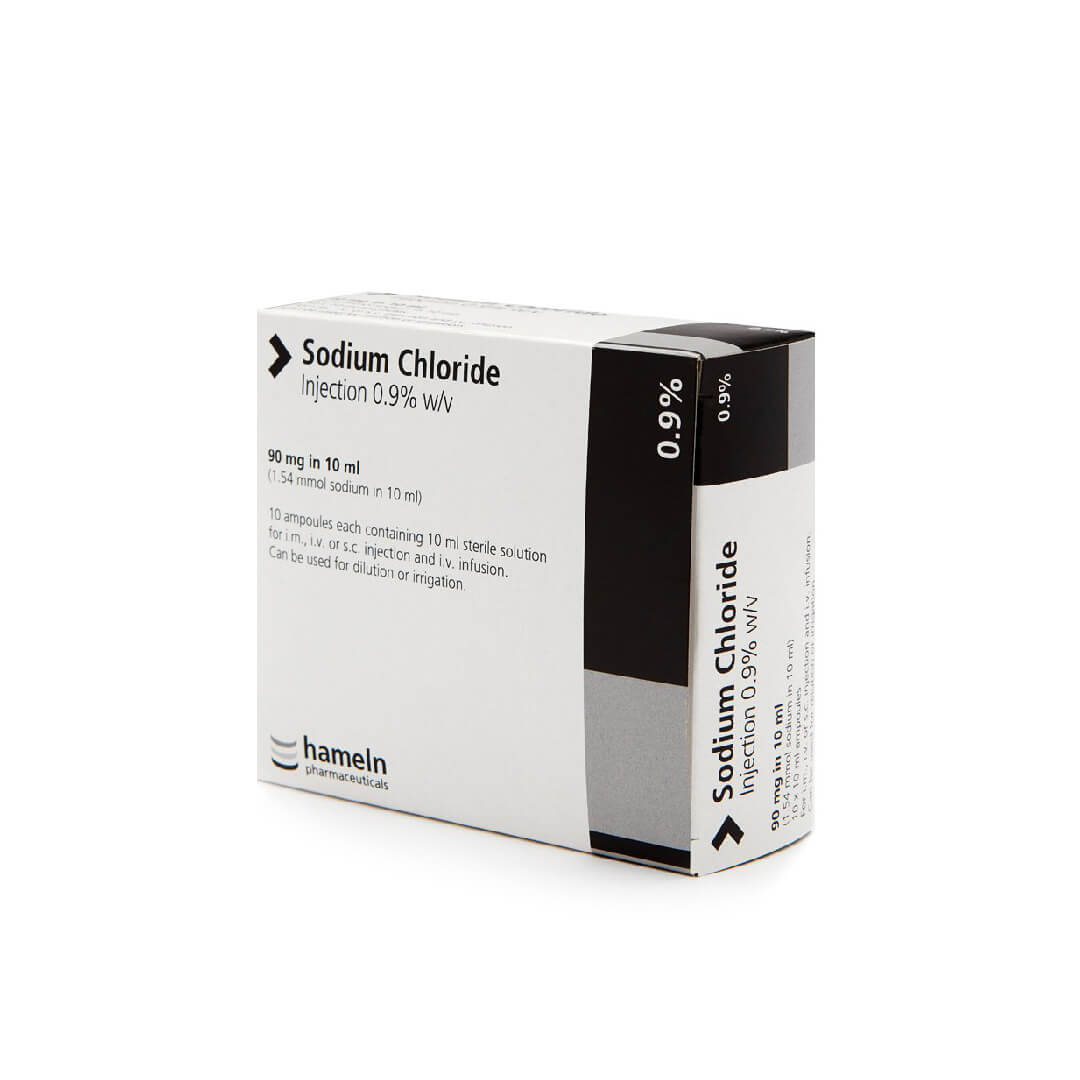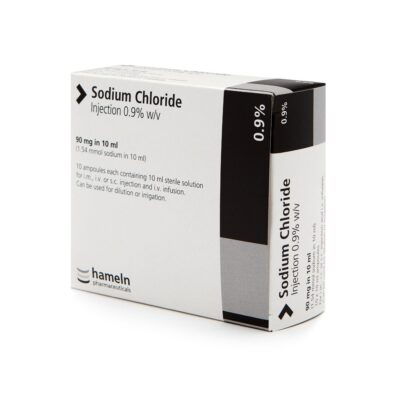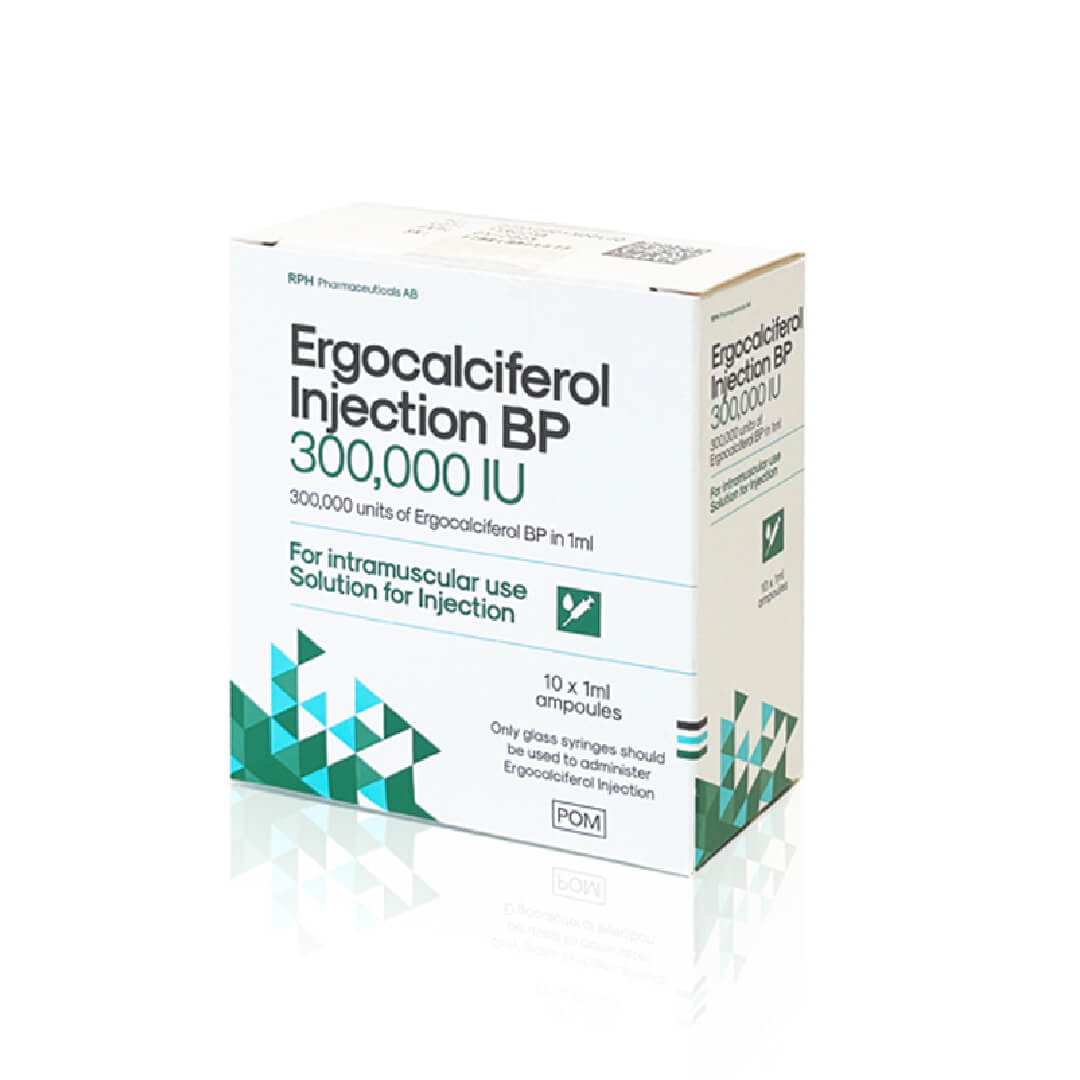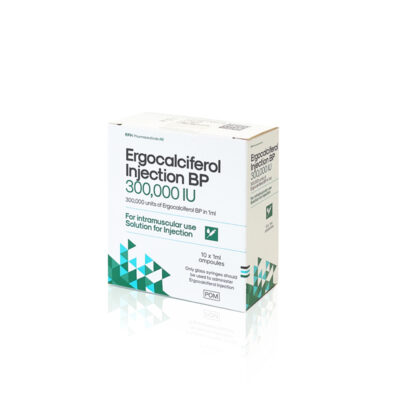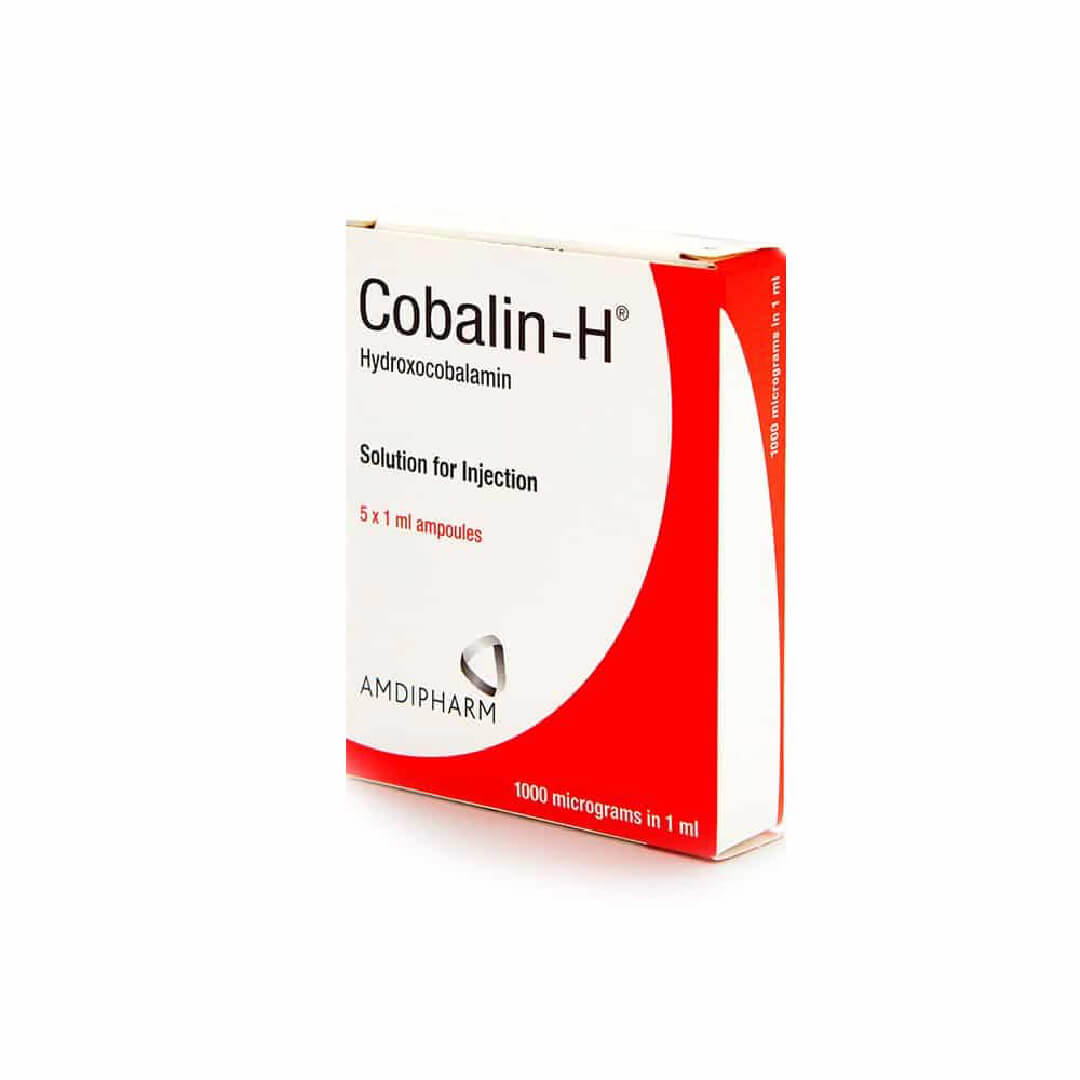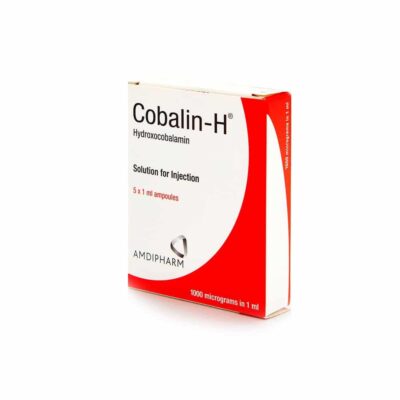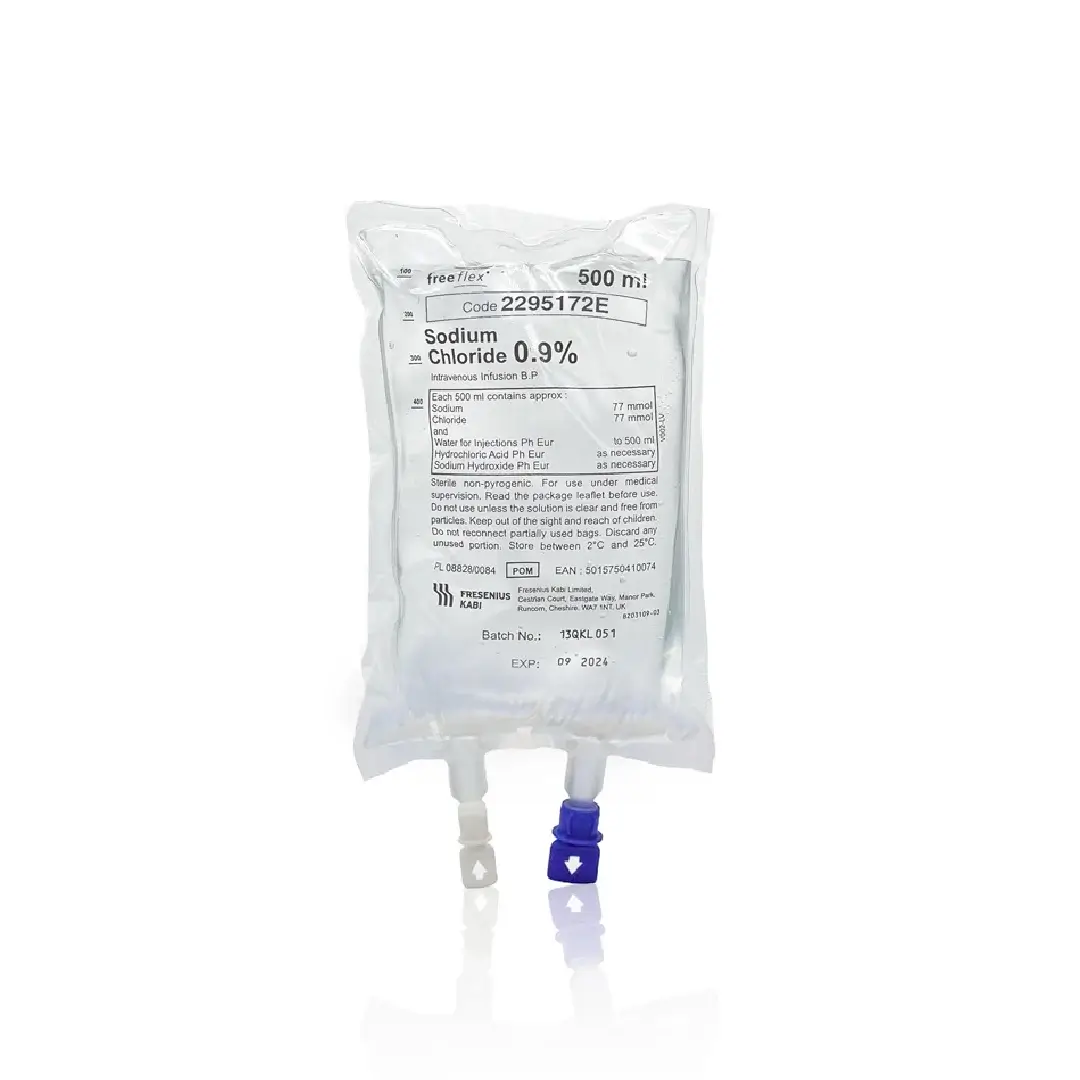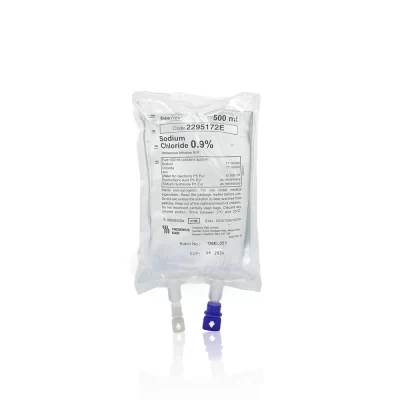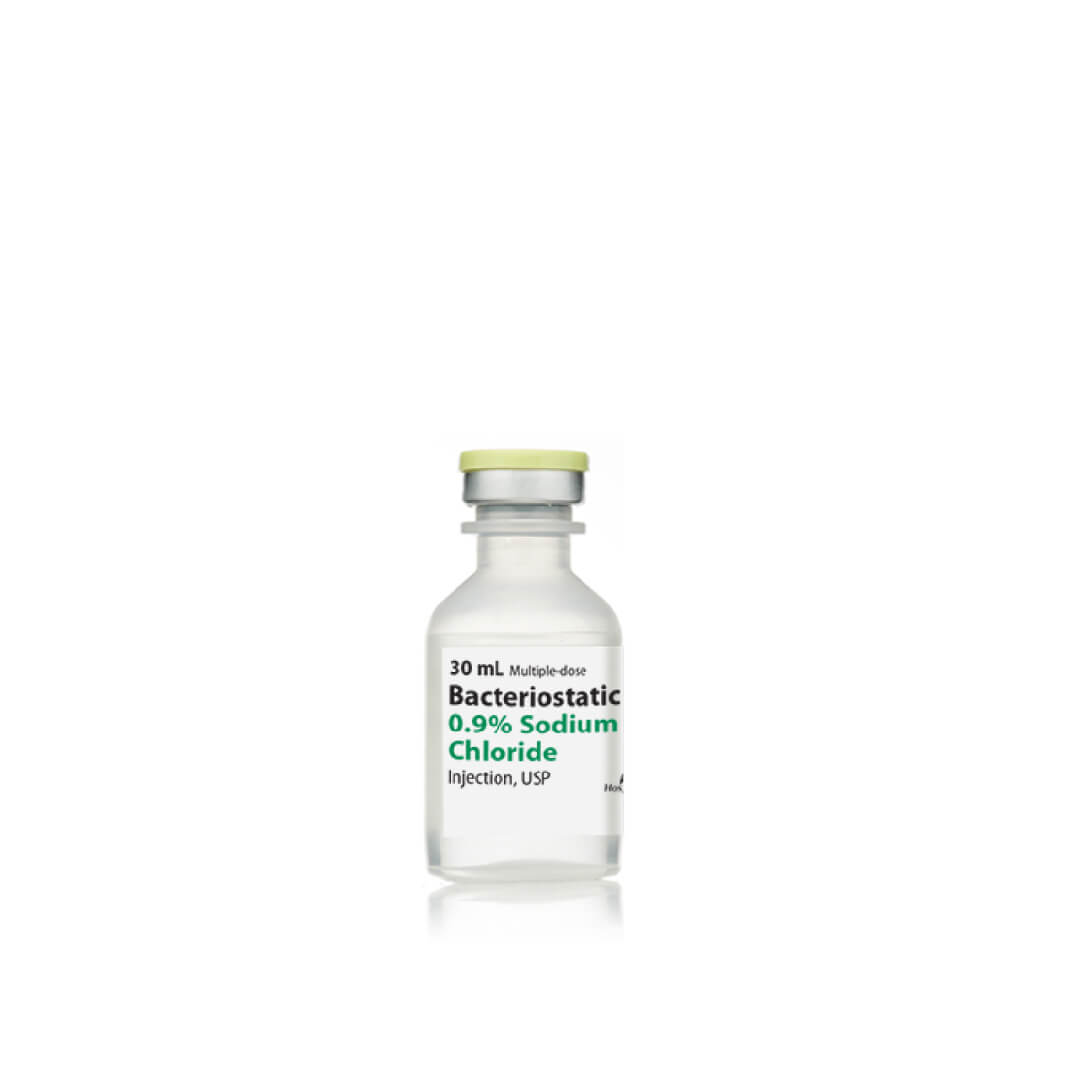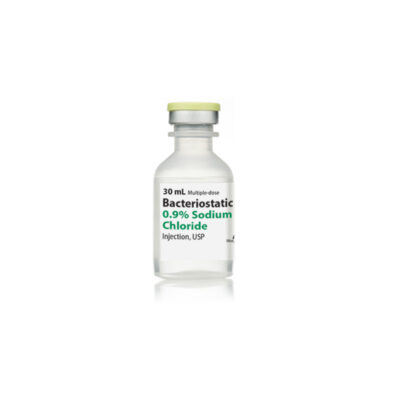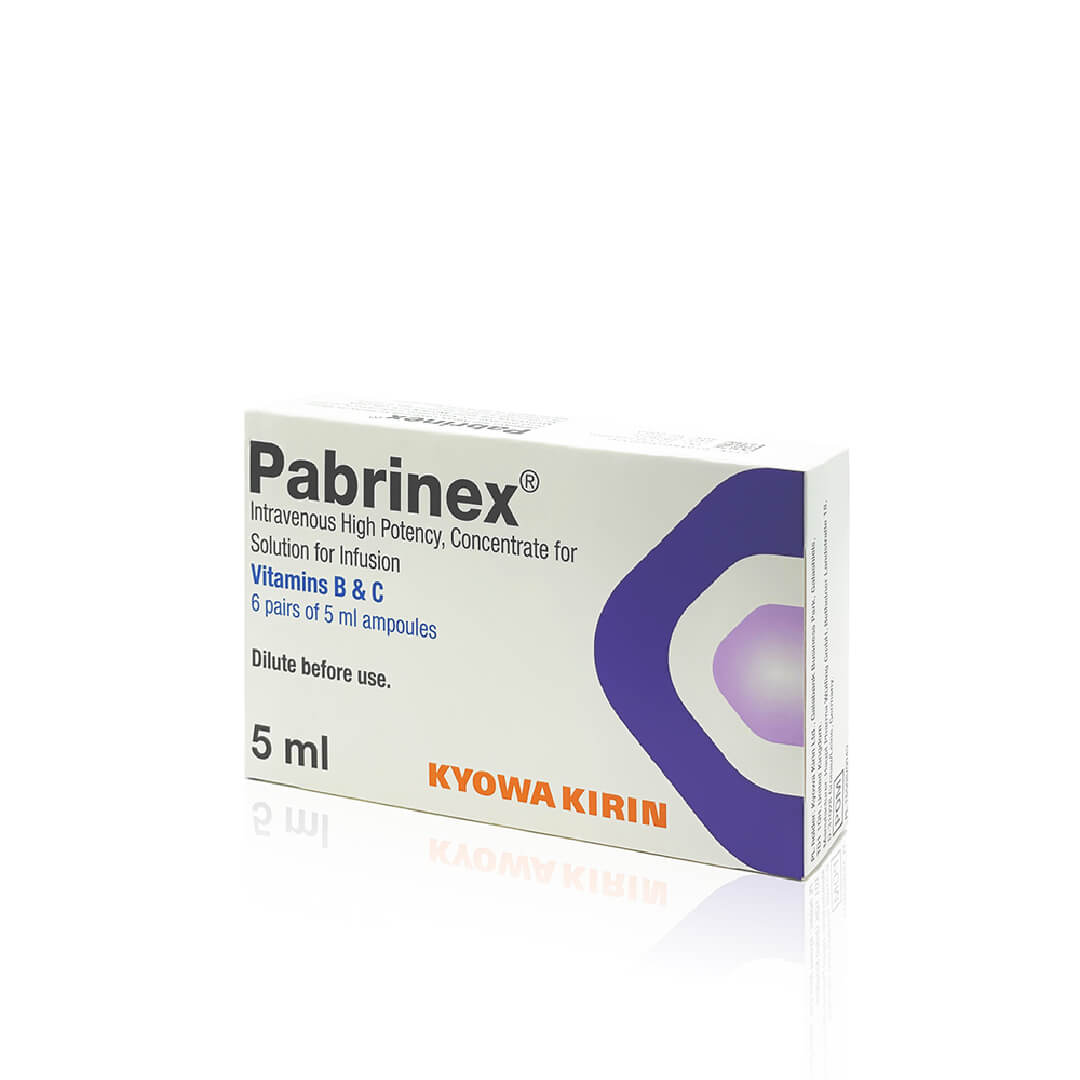

Pabrinex Intravenous (IV) High Potency Injection
Description
Product Description:
Pabrinex Intravenous High Potency Injection is a vital therapeutic tool designed to support and treat patients with severe thiamine and vitamin B deficiency. This high-potency injectable solution is formulated to address critical nutrient imbalances swiftly and effectively. Pabrinex Intravenous High Potency Injection is a trusted choice for qualified practitioners seeking a reliable and efficient way to restore essential vitamins and minerals in patients.
This injection contained Vitamin B1, B2, B6, C, Nicotinamide and Glucose.
Benefits:
Pabrinex Intravenous High Potency Injection offers unparalleled benefits in replenishing essential vitamins such as B1 and B2, which play a crucial role in numerous metabolic processes. By delivering these nutrients intravenously, Pabrinex ensures rapid absorption, promoting a faster recovery and reducing the risk of complications associated with prolonged deficiencies. Patients experiencing conditions like Wernicke-Korsakoff syndrome, malnutrition, or those recovering from alcohol dependence can greatly benefit from this potent formulation.
How To Use Pabrinex Intravenous High Potency Injection:
The administration of Pabrinex Intravenous High Potency Injection requires the expertise of a qualified practitioner. Before use, it is crucial to perform a comprehensive assessment of the patient’s medical history and nutritional status. The injection is given intravenously, allowing for precise dosing and immediate absorption. Close monitoring of the patient’s response is essential to ensure an optimal therapeutic outcome.
Side Effects of Pabrinex Intravenous High Potency Injection:
Some patients may experience mild reactions at the injection site, which resolve quickly. In rare cases, hypersensitivity reactions may occur, requiring immediate medical attention.
Other Uses of Pabrinex Intravenous High Potency Injection:
Beyond addressing severe vitamin deficiencies, Pabrinex Intravenous High Potency Injection has shown promise in other medical scenarios. It is employed as a preventive measure in high-risk patients who undergo surgeries or procedures that may lead to nutrient depletion.

